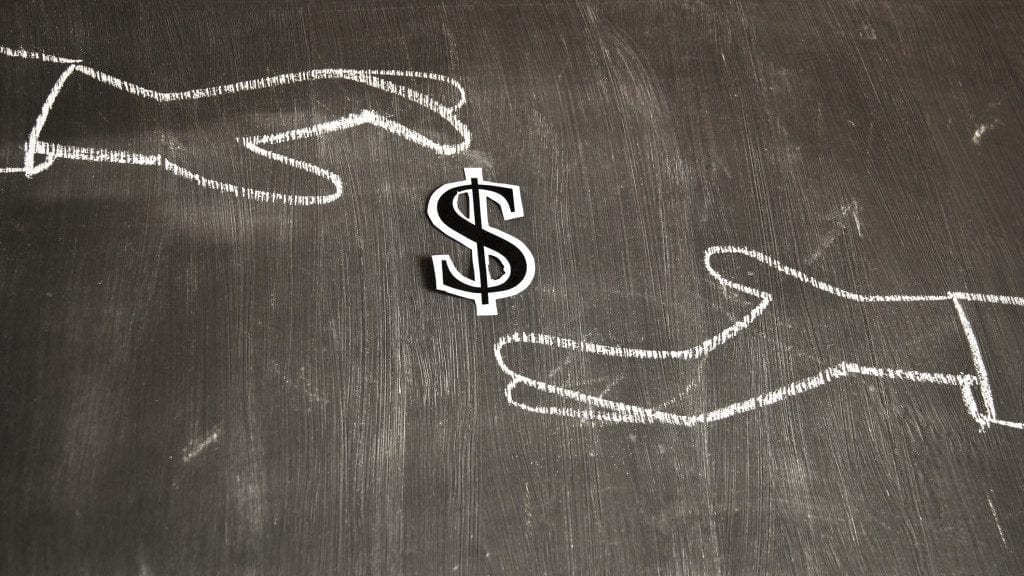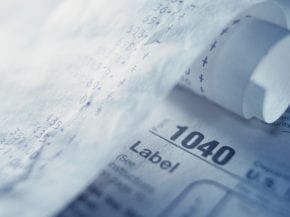- browse by category
- Audit Assistance
- Business and Taxes
- Celebrities in Tax Debt
- Cryptocurrency Taxes
- Economic News
- Foreign Banking
- Innocent Spouse
- IRS debt settlement
- IRS Headlines
- IRS Wage Garnishment
- Marriage & Divorce
- Payroll Tax
- Retirement
- Revenue Officers
- State Tax Headlines
- Stop IRS Debt
- Success Stories
- Tax and Politics
- Tax Attorney
- Tax Codes
- Tax Debt Help
- Tax Evasion
- Tax Levy
- Tax Lien
- Tax Payment Plans
- Tax Return Filing
- Tax Tips

Having back tax debt is bad enough. But what if your back tax debt is so bad you have no way to pay it back? You may think that’s a good thing, because the IRS will forgive your back tax debt. However, that’s usually not how it turns out. If your back tax debt situation is so bad, you may want to consider applying for and obtaining Currently Not Collectible (CNC) status from the IRS.
Currently Not Collectible Status
This status is granted by the IRS if you have no way of paying your back tax debt. Once given CNC status, the IRS has to stop all of their collection actions. This includes IRS wage garnishments and levies.
But, while the IRS will have to stop their collection attempts, you’ll still have to pay the back tax debt. Interest will continue to accrue against your back tax debt, and the statute of limitations of 10 years will continue to run as well.
You’ll receive a statement every year telling you how much back tax debt you have. And, once you’re out of dire straits, the IRS will restart their collection actions and you’ll have to pay.
CNC Saved for Financially Difficult Situations
In order to obtain CNC status you’ll have to fill out and file IRS Form 433-A, Collection Information Statement for Wage Earners and Self-Employed Individuals. This form is used by the IRS to determine your ability to pay your back tax debt.
Everything about your financial situation will have to be reported, including assets like automobiles, boats, planes, bank and investment accounts, real estate, and business and personal assets. Also, any insurance policy you have, credit cards, judgments against you, and prior bankruptcies will have to be reported. It’s a comprehensive form.
Necessary Documents for Currently Not Collectible Status
The documentation you’ll have to give to the IRS will also take some time and effort to obtain. They include those documenting how much you’ve spent over the past 90 days for regular expenses, health care costs, payments you’ve been ordered to pay by any court, and transportation costs.
Basically, you’ll have to show the IRS that you lack assets that could be liquidated to pay your back tax debt. If your financial situation enables you to pay for more than just life necessities, you won’t qualify.
Should you file for CNC?
Consider it the equivalent of having to show that you’re living off the financial equivalent of bread and water. While the temporary halt on IRS actions against your may be a welcome reprieve, it comes at a cost. That cost is living with any financial freedom.
Leave Comments

Top Tax
secrets revealed
Sign up for our newsletter and be the first to find out when exciting IRS news happens. Yes, exciting. We're really into taxes.


